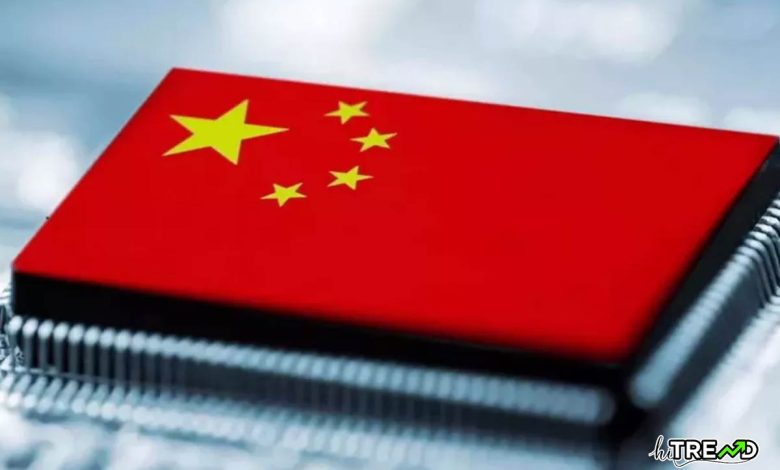China’s export restrictions on critical semiconductor materials shake global markets

Why it matters: Exports of crucial semiconductor materials germanium and gallium have been caught up in a game of cat and mouse between the US and China, with Beijing’s primary motivation to show that it is able to retaliate against US-led pressures on Chinese companies. China has not been shy about imposing these controls, announcing export restrictions this month on antimony, a mineral used in armor-piercing ammunition, night-vision goggles, and precision optics. Last year, China also introduced controls on exports of graphite and technologies used in rare earth extraction and separation.
China imposed stringent export controls on two critical semiconductor materials, germanium and gallium, in 2023, a move that has since rippled through global markets. These materials are vital for the production of advanced microprocessors and military optical hardware, and the restrictions have raised alarms over potential shortages in Western production capabilities.
The impact of these controls has been profound, with prices the prices of germanium and gallium nearly doubling in Europe over the past year. The Chinese government introduced these restrictions in response to US-led controls on the sale of advanced chips and chip-making equipment to China, citing the need to safeguard its “national security and interests.”
China’s dominance in the global supply of these materials is formidable, producing 98% of the world’s gallium and 60% of germanium. This has left Western industries heavily reliant on the Asian nation’s exports.
You can read more Technology articles
Since the implementation of the controls,
the availability of these materials outside China has plummeted. Gallium exports, for example, have dropped by about half. Jan Giese, a senior manager at Tradium, told the Financial Times that the amount of gallium and germanium obtained through China’s new export licensing program is merely a “fraction of what we bought in the past.”
The export controls have added complexity to already challenging markets, and continued restrictions could disrupt the production of a wide range of goods from fiber-optic products to night-vision goggles. Long-term supply contracts are now almost impossible to obtain due to the uncertainty involved, according to Terence Bell, manager of Vancouver-based Strategic Metal Investments, who notes that the requirement for shipment approval can take between 30 to 80 days.
The situation has been exacerbated by accusations of Chinese stockpiling, which traders blame for the 52% surge in germanium prices since June. While the extent of stockpiling remains speculative, it is believed to represent a significant share of China’s annual production.
US companies, such as Indium Corporation,
are grappling with the challenges of obtaining export licenses and facing a limited stock of germanium and gallium. “Right now, on germanium, there’s definitely a risk of running out of supply,” said Markus Roas, metals business manager at the company.
In response to these challenges, efforts are underway to increase local production and find substitutes for these critical minerals.
For instance, the Greek group Mytilineos is considering a project to extract gallium, aiming to meet EU demand within 18 months. Nyrstar, a zinc producer based in Belgium, is exploring potential projects for recovering gallium and germanium in Europe. However, their efforts are more advanced in the United States, where they are considering a project valued at $150 million.
Also, in some applications, gallium can be substituted with silicon or indium, while zinc selenide can replace germanium in certain uses. Additionally, recycling initiatives are being considered to recover these metals from scrap, although the scale of recycling is currently limited.China’s export restrictions on critical semiconductor materials shake global markets
However, these alternative avenues come at a significant cost. Marina Zhang, an associate professor at the University of Technology Sydney, estimates that developing a separate supply chain for processing gallium and germanium for the US and its allies could cost a “staggering” $20 billion, an effort that could span several years.China’s export restrictions on critical semiconductor materials shake global markets
Follow HiTrend on X





